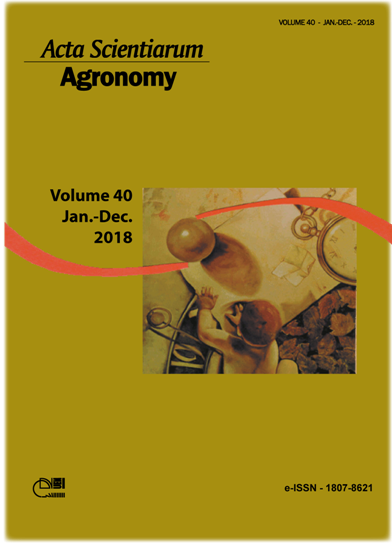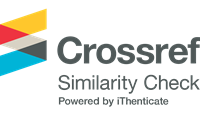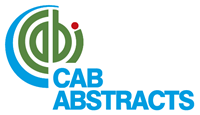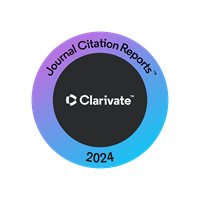<b>Sugarcane cultivation with source potassium low water-soluble
Abstract
Thermopotash is a fertilizer with low solubility but has a release level compatible with plant demands. This study aimed to compare the effect of Thermopotash to that of KCl in sugarcane. Field work was conducted during two crop seasons, in a randomised block design. Treatments were applied to the bases of the furrows before planting the sugarcane, arranged in a 2 x 5 factorial design to evaluate two K sources (TK47 - Thermopotash, KCl - potassium chloride) at five levels of K (0, 50, 100, 150, and 200 kg ha-1 K2O). The variables analysed included leaf and soil K, Ca, Mg and Si, soil pH and productivity. The effects of the TK47 fertilizer on sugarcane stalk production were not initially superior to that of the soluble source, but over time, differences between the soluble and insoluble sources increased. The maximum expected sugarcane productivity for both sources was 133 Mg ha-1, which was achieved at an application level of 121 kg ha-1 K2O. TK47 fertilizer provided K, Si, Ca and Mg to the sugarcane in both the first and second harvests. Thus, TK47 may be a viable source of K for sugarcane.
Downloads
DECLARATION OF ORIGINALITY AND COPYRIGHTS
I Declare that current article is original and has not been submitted for publication, in part or in whole, to any other national or international journal.
The copyrights belong exclusively to the authors. Published content is licensed under Creative Commons Attribution 4.0 (CC BY 4.0) guidelines, which allows sharing (copy and distribution of the material in any medium or format) and adaptation (remix, transform, and build upon the material) for any purpose, even commercially, under the terms of attribution.





















































